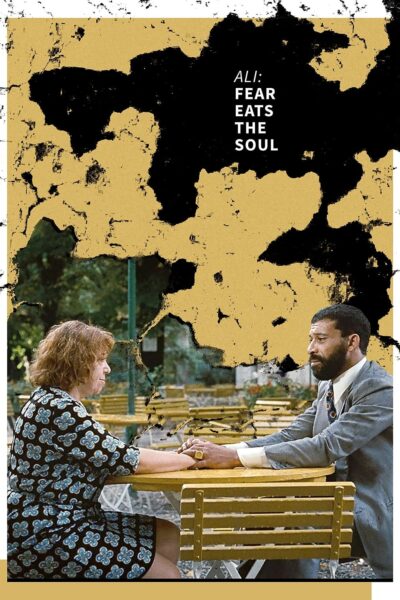"Timely and heartbreaking, some 43 years after its debut."
— Tara Brady, Irish Times
"The performances are flawless; the themes remain timely."
— Wendy Ide, Observer (UK)
"One of the most beautiful films ever made, plain and simple."
— Tom Huddleston, Time Out
"Fassbinder made so many incredible films, but this is certainly up there with his finest."
— David Jenkins, Little White Lies
"[Fassbinder's] framing is immaculate, his themes are powerful, and the performances are great."
— David Stratton, At the Movies (Australia)
"Technically flawless, deceptively simple and avoiding excesses, it is about problems that are timely and timeless in implications."
— Variety Staff, Variety
"This immaculately staged drama is Fassbinder's assault on the intolerance of 1970s German society... The performances are flawless; the themes remain timely."
— Wendy Ide, The Observer
"This 1974 film stands as one of Fassbinder's sturdiest achievements, posed between the low-budget funkiness of his early features and the mannerism of his late period."
— Dave Kehr, Chicago Reader
"In All That Heaven Allows, it’s ‘only’ class that divides them. That’s part of its elegance - and potency. Fassbinder amplifies all of the oppressive forces that conspire against this couple without compromising either."
— Adam Kempenaar, Filmspotting
"The performances of Brigitte Mira and El Hedi Ben Salem as Emmi and Ali are superb; they act with instant sympathy and charm and in their own way, they are the most purely lovable characters I have ever seen on a movie screen."
— Peter Bradshaw, Guardian
"Though it may sound like purposefully alienating Marxist homework in theory, Ali: Fear Eats the Soul remains beautifully irresolvable. Fassbinder achieves an emotional, socio-political hyper-awareness scene by scene that culminates, nevertheless, into a film of considerable romantic mystery."
— Chuck Bowen, Slant
"The miracle of Fassbinder's direction is that his characters remain thoroughly human. His anguish over the fate of Emmi and Ali is expressed without inhibitions. According to Fassbinder, it was his contact with Sirk that gave him the courage to choose such openly emotional subject matter. The result is one of the most original films to appear this year."
— Jan-Christopher Horak, The Village Voice
"The style is breathtaking, as was often the case in the director's Hollywood-influenced middle period, evoking Sirk's tracking shots and controlled mise-en-scene while implying the impossibility of their underlying emotion being realized. This paradox is a source of dark humor for Fassbinder and helps the film from becoming merciless: The jokes are to prevent us from weeping."
— Ben Sachs, Cine-File







